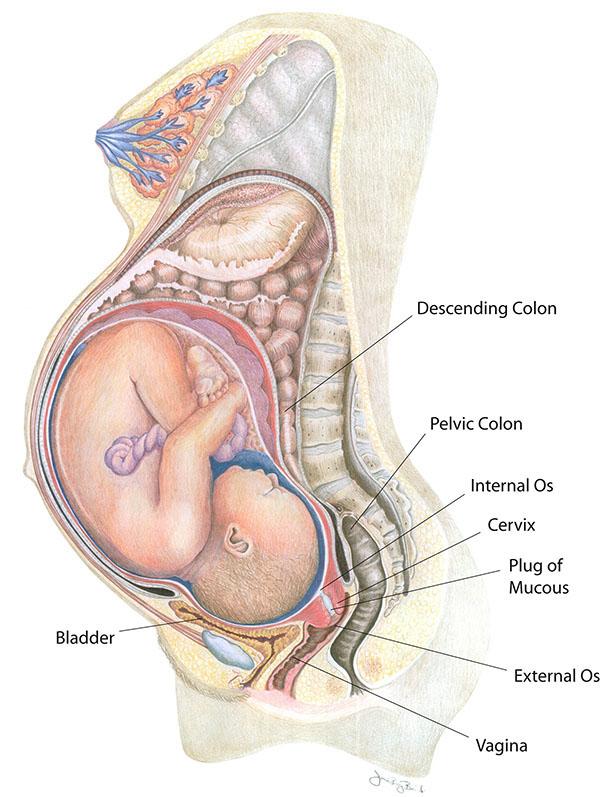Understanding the Pregnancy Crisis in Gaza
The ongoing conflict and economic blockade in Gaza have created a dire situation for pregnant women in the region. Healthcare resources are limited, and many expectant mothers face significant challenges. This crisis has profound implications not just for the women themselves but for the future of the entire community.
Impact of the Conflict on Maternal Health
The violence and instability in Gaza have severely impacted maternal health services. Women are often unable to access necessary prenatal care, increasing health risks for both mothers and babies. This lack of access has led to higher rates of complications during pregnancy and childbirth.
Economic Barriers to Healthcare Access
The economic struggles faced by families in Gaza further complicate the situation. The high cost of medical supplies and the scarcity of healthcare facilities make it difficult for women to receive adequate care. Many families are forced to choose between basic survival and the health of their expectant mothers.
Psychological Effects of the Crisis
Pregnant women in Gaza are not only physical but also psychologically affected by their circumstances. Constant fear and trauma from ongoing conflict can have lasting effects on mental health. These emotional challenges can impact the health and development of the unborn child.
International Response and Aid
The international community is beginning to recognize the severe pregnancy crisis in Gaza and is working to provide support. Organizations are mobilizing to deliver essential resources and healthcare to pregnant women in need. However, more efforts are necessary to ensure that comprehensive care is available.
For more information on the intricacies of this crisis, you can read about it in detail at The Borgen Project.

